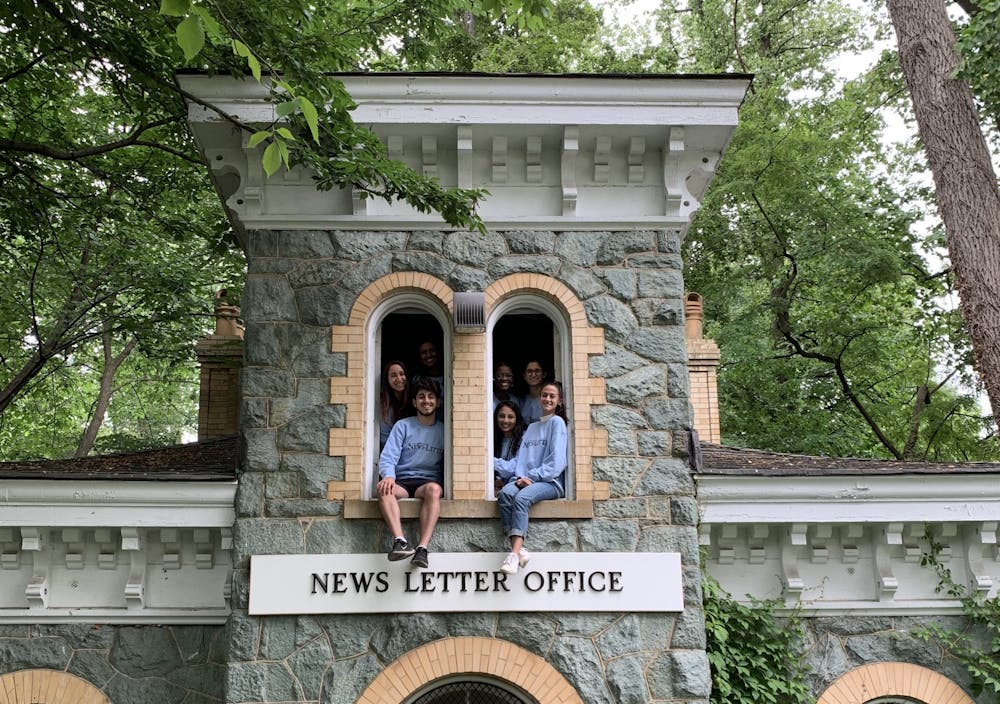There were moments this year that seemed to go on forever, from the last couple minutes of a two-hour Zoom class to waiting for my advisor to triple-check that I would graduate on time to the brief lag between texts with my parents after asking them to reread my graduate school acceptance letter to ensure I wasn’t misinterpreting the offer.
Yet, somehow, my senior year is over in what could have been the blink of an eye.
Sitting in the bedroom that has served as the command center for a year’s worth of studying, online school and a ridiculous number of conference calls and meetings, it’s strange to see the majority of my bags packed and the rest of my belongings strewn across the floor. After a year of sitting in front of a screen in my newfound uniform of a somewhat decent sweater and a pair of pajama pants, I feel like I have finally closed my laptop and taken a deep breath.
For the first time in a long time, I’ve stopped to think about how I truly feel about the fact that I am about to graduate. Aside from the wonderful people who have provided an incomprehensibly wonderful support system over the past four years and — of course — The News-Letter, I’ve finally started to question what has most shaped my college experience. In 20 years, will I look back at my time at Hopkins with the rose-colored glasses I’ve already started to see things through, or will I solely recollect the long nights in a B-level cubicle?
Personally, it’s helpful to think about the ways the University has evolved over the course of the past four years to best assess what I will remember. Some changes have been small, such as Hopkins gracing all dorms with air conditioning units or Blue Jay Shuttles finally ferrying students all the way to the Inner Harbor. Other changes have been quite drastic, particularly as a result of the pandemic, such as the introduction of online learning, a new 10 p.m. library curfew and the widely popular banishment of AMR triples.
More importantly, many changes over the past four years are a result of the much-needed increase in campus activism, particularly regarding the conversation about racial injustice within Baltimore and across college campuses nationwide. Finally, the process to rename Homewood buildings has commenced, administrators are attempting to have open discourses about student needs and, most impressively, student activism has become a part of life at Hopkins.
In a year of unpredictable change, it is this shift in campus culture that will make a lasting impact. For four years, I have been endlessly impressed by my peers’ initiatives to help morph the University into an institution we can be proud to attend. I will never forget the pure passion and simultaneous chaos of the Garland Sit-In, the determined efforts of Teachers and Researchers United to improve working conditions for graduate students or the countless students who have dedicated their free time to research to better both Hopkins and the surrounding community.
And I am in awe of the News-Letter staff for skillfully and diligently documenting all these changes.
I know that in 20 years I will still be reading this newspaper, which is in a constant state of wonderful, confusing, promising transformation. Perhaps I will still relate to the newspaper’s coverage of the Hopkins scene when I am in my 40s, and perhaps I will still understand some of the obscure News-Letter lingo. No matter what, I am sure that, decades from now, I will still be reading about the students who will inevitably and continuously push for campus culture to change for the better.





